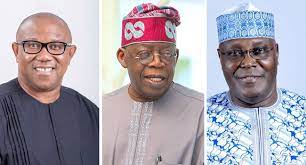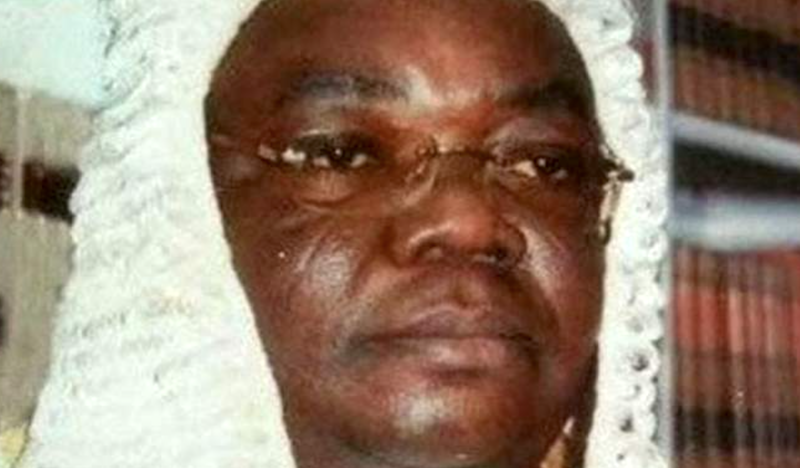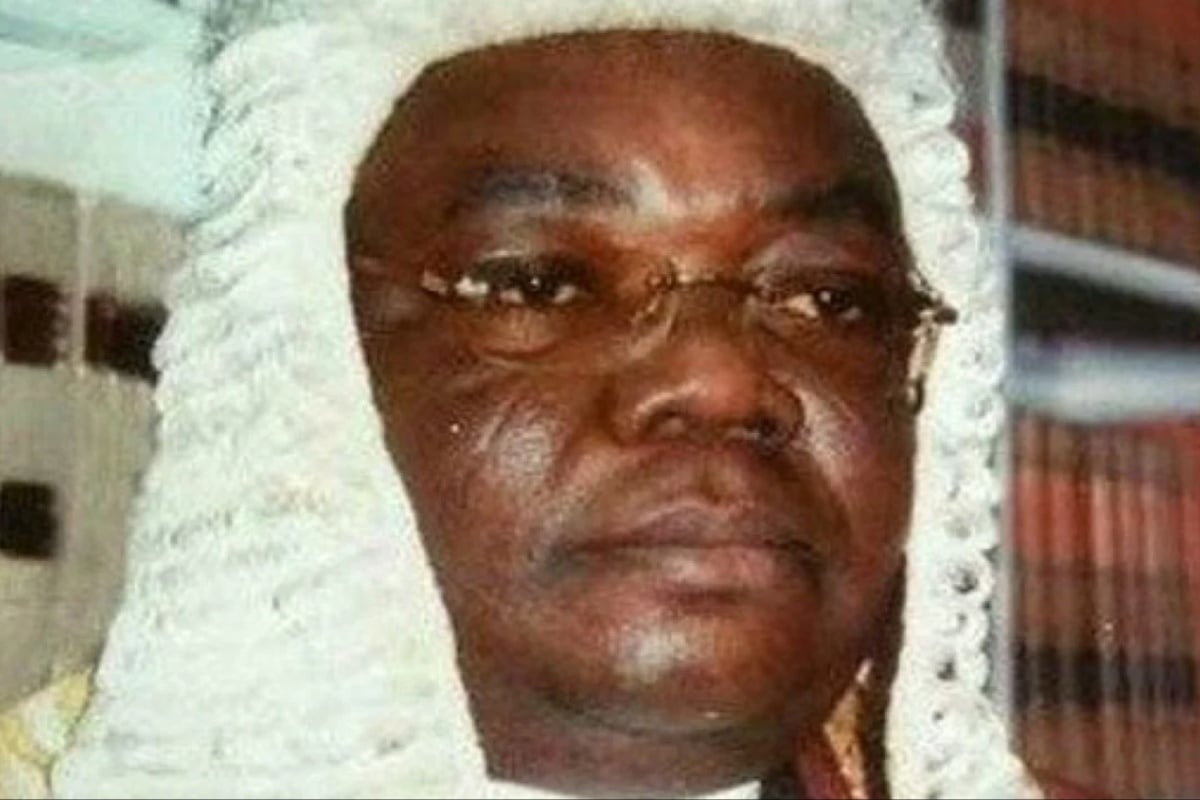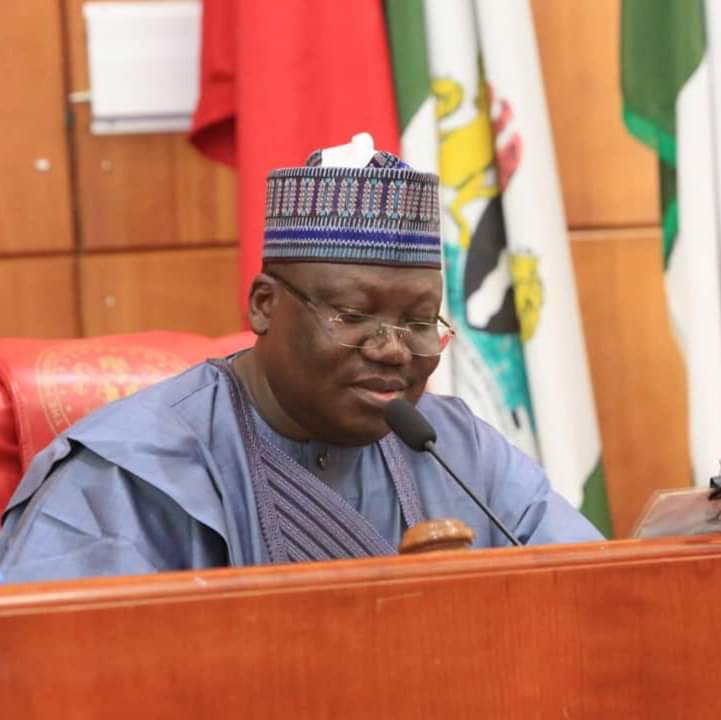In my May 15, 2023, article in New Telegraph on, “Election Petitions: Need for litigants and judges to avoid technicalities,” I referenced an opinion piece by lawyer and rights activist, Olu Adegboruwa (SAN) on, “The evils of technical justice.”
Adegboruwa’s article of February 2, 2021 (SaharaReporters) stemmed from the Supreme Court ruling on the Osun governorship election, in which the issue of “technicalities” reared its ugly head regarding “originating summons” and “writ of summons,” and how the apex court had interchangeably applied “technicalities” in its opinions.
Yet, the court cautions against shutting out hearing litigants simply on ground of technicalities.
In the case of Boniface Ebere Okezie & 3 Ors. v. Central Bank of Nigeria & 5 Ors. (2020) 15 NWLR (Pt.1747) 181 – that lasted 11 years (2009-2020), the Supreme Court advised:
“The paramount duty of courts is to do substantial justice and not cling to technicalities that will defeat the ends of justice. It is more in the interest of justice that parties are afforded reasonable opportunity for their rights to be investigated and determined on merit rather than that parties be shut out prematurely from being heard on the grounds of non-substantial compliance with rules of court.
“It is immaterial that there are technicalities arising from statutory provisions, or technicalities inherent in rules of court. So long as the law or rule has been substantially complied with and the object of the provisions of the statute or rule is not defeated, and failure to comply fully has not occasioned a miscarriage of justice, the proceedings will not be nullified.”
This admonition re-echoes in the wake of the judgment of the Presidential Election Petitions Court (PEPC), which on September 6, dismissed petitions challenging the declaration of Bola
Tinubu as winner of the February 25 presidential poll, and affirmed him as duly elected President of the Federal Republic of Nigeria.
Though they’re not “shut out prematurely” from being heard, two of the Plaintiffs – former Vice President Atiku Abubakar of the Peoples Democratic Party (PDP) and former Anambra State Governor Peter Obi of Labour Party (LP) – have complained about the Tribunal applying technicalities to dismiss their petitions against the declaration by the Independent National Electoral Commission (INEC) – and are heading to the Supreme Court for redress.
Yet, one of the “wonders” of post-February-March 2023 General Election in Nigeria is the obvious abandonment of the actual votes of the presidential poll of February 25 by the opposition candidates and their political parties.
The question is: Why would Atiku and Obi, and their parties literally abandon monumental infractions they alleged during the election?
The duo and supporters had claimed that INEC manipulated the electoral process in favour of the ruling APC and former Lagos State Governor Tinubu, who’s declared winner, and returned President-elect, and President of Nigeria.
The answer is located in pursuit of technicalities that dominated proceedings of the Tribunal, which delivered judgment on September 6 in the consolidated petitions by the LP, PDP, and Allied Peoples Movement (APM) and their candidates, challenging Tinubu’s election.
After a marathon 12-hour plus judgment, the five-member panel, led by Justice Haruna Tsammani, dismissed the petitions, and affirmed Tinubu’s victory in the presidential poll.
In summary, Justice Tsammani said: “This petition accordingly lacks merit. I affirm the return of Bola Ahmed Tinubu as the duly elected President of the Federal Republic of Nigeria.”
The petitioners had focused on technicalities, aimed at removing Tinubu and Vice President Kashim Shettima from power through disqualification from the February election, and any future poll arising therefrom.
That way, either Atiku or Obi – both laying claim to winning the election – would be declared President; or in the worst case scenario, the election would be cancelled and a re-run ordered, or the poll annulled and a fresh balloting mandated that would exclude Tinubu and the APC.
As the tables turned against them, Atiku and Obi have accused the Tribunal of applying technicalities to dismiss their petitions, and expressed their determination to appeal the judgment at the Supreme Court.
Still, a further question: Why or how did Atiku fail to deploy his wealth of experience of over 30 years in politics and political struggles to prosecute his petition at the Tribunal?
Actually, Atiku boasted on September 8 about his political prowess and long fights to deepen democracy and the rule of law via the instrumentality of the courts.
He’s expressing frustration over his failure to obtain clean copies of the judgment delivered by the Tribunal, to enable him proceed on appeal to the Supreme Court within 14 days from the date of the judgment.
That a doyen and veteran of Atiku’s calibre reportedly failed to realise that elections are numbers – and elections are won or lost at the polling units with those numbers – is a study in absurdity, and a crucial lesson from the 2023 election cycle!
In claiming that he won the February 25 poll, Atiku submitted thousands of “documentary evidence” at the Tribunal, relating to how INEC allegedly manipulated results in the 36 States and Federal Capital Territory (FCT), Abuja, to deny him and PDP victory.
But as noted by the Tribunal in its judgment, Atiku couldn’t invite a single PDP agent from the over 176,000 polling units across Nigeria, to speak to those documents, and show how he won that polling unit, but the votes were suppressed or switched by INEC in favour of Tinubu.
Atiku – like Obi – relied heavily on extraneous factors to make him President of Nigeria that he’d aspired to, and contested for in 2007, 2015 and 2019, and came short as runner-up – as happened again in February 2023.
Those extraneous factors – categorised mainly as pre-election matters – questioned Tinubu’s alleged baggage: A cloudy parental background; identity theft in age, educational certificates, and job appointments; conviction for trafficking in drugs in the United States, and forfeiture of $460,000 thereof; and dual citizenship of Nigeria and Guinea.
Others were: Tinubu’s invisible means of stupendous wealth; his ill-health that’s impacted his mental acuity, and may hamper his performance if elected President of Nigeria; double nomination by Shettima for Senate and Vice Presidential slots at the same time; and failure of Tinubu to secure 25% of votes cast in the FCT, Abuja.
But most or all of these matters had been litigated upon, and dispensed with by various courts in Nigeria and overseas, with Tinubu having the day in the proceedings.
Atiku – through his legion of Senior Lawyers – failed or refused to take judicial notice of the subsisting rulings, and continued to proceed against Tinubu at different jurisdictions.
During pendency of the Tribunal judgment, Atiku re-instituted the case of Tinubu’s alleged forgery of certificates of the Chicago State University (CSU) in Illinois, in the U.S., with the reported intention of using the outcome at the Supreme Court should the Tribunal fail to give him judgment.
Atiku may have the chance to deploy the proceedings of his fresh U.S. case against Tinubu at the Supreme Court, as the Tribunal had dismissed his and PDP’s petitions against INEC, Tinubu and the APC, in their entirety.
Obi, vice presidential candidate to Atiku at the 2019 General Election, cuts a similar picture as Atiku in his presidential ambition, and met the same failure at the Tribunal on September 6.
But what Obi lacks in a checkered political experience as Atiku (and Tinubu), he’s in majorly young Nigerians, who enabled him to spring surprises at the February poll.
From position zero, Obi vaunted to second runner-up at the poll contested by 18 candidates, ranking at par with Tinubu and Atiku in the number of states won: 11, 12 and 12 states, in that order.
Obi also claimed to have won the February poll, but had a “double-faced” approach – like members of the OBIdients Movement that supported his presidential run – to the application of technicalities in deciding the petitions at the PEPC.
On one hand, Obi loathed the idea of determining – on technical ground – the petitions against his alleged “stolen mandate” by President Tinubu and the APC – reportedly in cahoots with INEC.
On the other hand, Obi craved for technicalities in awarding him a favourable judgment, such as his claim that the Constitution makes it mandatory that to be declared President, a candidate should secure 25% of votes cast at the FCT, where he (Obi) scored 59%, Tinubu 19% and Atiku 15%, respectively.
But the Tribunal disagreed with Obi’s (and Atiku’s) claim, noting that apart from Section 299 of the amended 1999 Constitution equating the FCT as a State, the area hasn’t a special status, and that all Nigerians have equal voting rights, and their votes carry equal weight in all parts of the country.
Undoubtedly, Atiku and Obi’s claims, pleadings and prayers were contradictory in all material particular.
They alleged that the election was marred by irregularities, and violence, but their witnesses averred otherwise, noting that they had problems only with uploading results to INEC’s results viewing (IReV) portal for real-time perusal by the electorate.
And that as a remedy – in accordance with the provisions of the Electoral Act, and INEC’s regulations and guidelines – they (plaintiffs’ witnesses) took pictures of results declared at the polling units with the Bimodal Voter Accreditation System (BVAS), and took the hard copies of the results and BVAS to the Ward Collation Centre, for authentication for manual collation.
Besides, the petitioners, who pleaded INEC’s non-substantial compliance with the provisions of the 1999 Constitution (as regards “mandatory” 25% score of votes cast in the FCT, Abuja), and the 2022 Electoral Act (relating to “compulsory” electronic transmission of results), wanted to gain from the said anomalies as President.
While Atiku prayed to be declared President, or in the alternative, a re-run be ordered by the Tribunal for Tinubu and himself; Obi asked to be proclaimed the President or the election be annulled, and a fresh exercise mandated, excluding Tinubu and the APC.
But the Tribunal rejected their prayers, as they’re unable to prove the allegations in their petitions “beyond all reasonable doubts.”
Surely, it’ll be an uphill task for Atiku and Obi to convince the Supreme Court to reverse – in their favour – the apparently well-founded verdict of the Presidential Election Petitions Court affirming the election of President Tinubu!
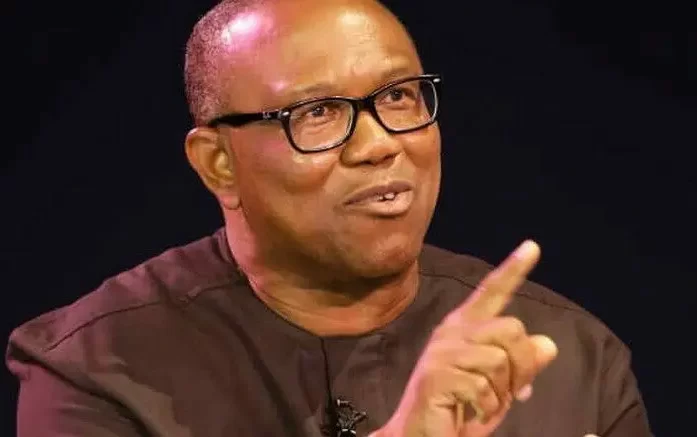
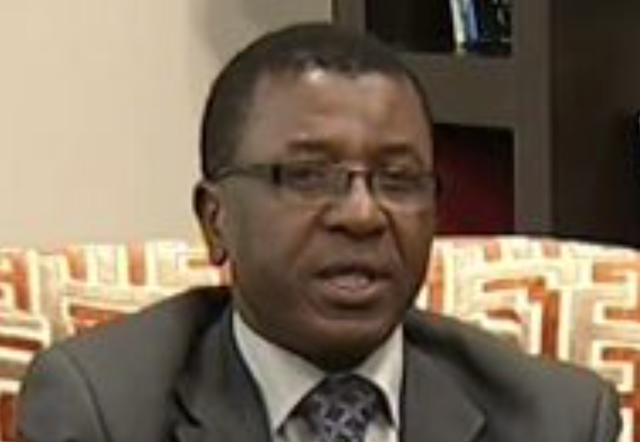
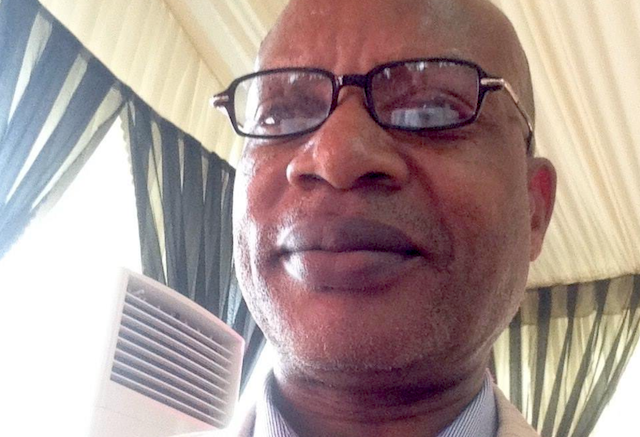
![[BREAKING] PEPC judgement: LP’s Peter Obi heads to Supreme Court](https://thenewsguru.ng/wp-content/uploads/2023/02/Peter-Obi-Labour.jpg)
